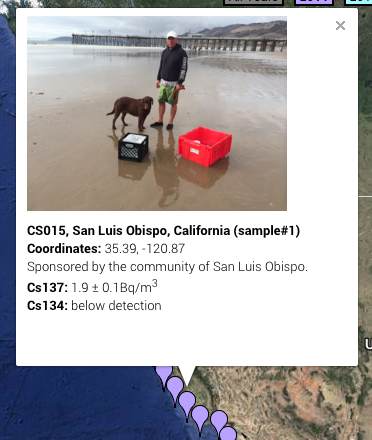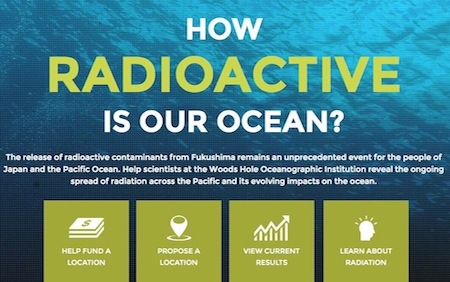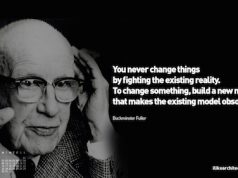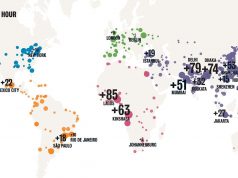In a world where governments are reducing their investment in environmental monitoring, Woods Hole Oceanographic Institute has an idea—use crowd sourcing to fill the measurement void. It is an approach whose time has come. With people more than willing to invest in building the latest smart watch, why not leverage their money-spending enthusiasm for the common good?
What could be more MESH?
Political leaders in Washington and Ottawa don’t want to spend money on environmental data acquisition. There are reasons for this. Some are ideologically driven—others fiscally—others politically. No matter what the cause, the result is the same. Researchers (and citizens for that matter) are getting less hard data about the cause and effect world we live in. Does anyone really believe that adopting the see-no-evil, Ostrich approach is a general strategy for economic success in the 21st C. world?
Woods Hole oceanographers responded to the leadership vacuum by thinking outside the research box. If government backing is dwindling, why not have private citizens both fund and monitor ocean measurement equipment? Guess what? Their innovative approach is working. They created the “How Radioactive Is Our Ocean” website. Today monitoring stations stretch along the American west coast. And the work they do is important. In this case it is monitoring for Fukushima caused radioactivity.

We have discussed crowd sourced approaches to managing the Fukushima problem before. Japanese citizens use Arduino-based technology to scan for radioactivity. It worked because technological innovation pushes down the cost of expensive measurement systems to the point where we can say Big Data is us—all of us.
There are limitless opportunities to do for cities what Woods Hole researchers are doing for the ocean. Keeping cities livable means keeping air and water clean. That can’t be done if we have to wait years to see if people are slowly dying from a polluted environment. Let’s get the information we need for good decision making before then. If government won’t do it . . .







